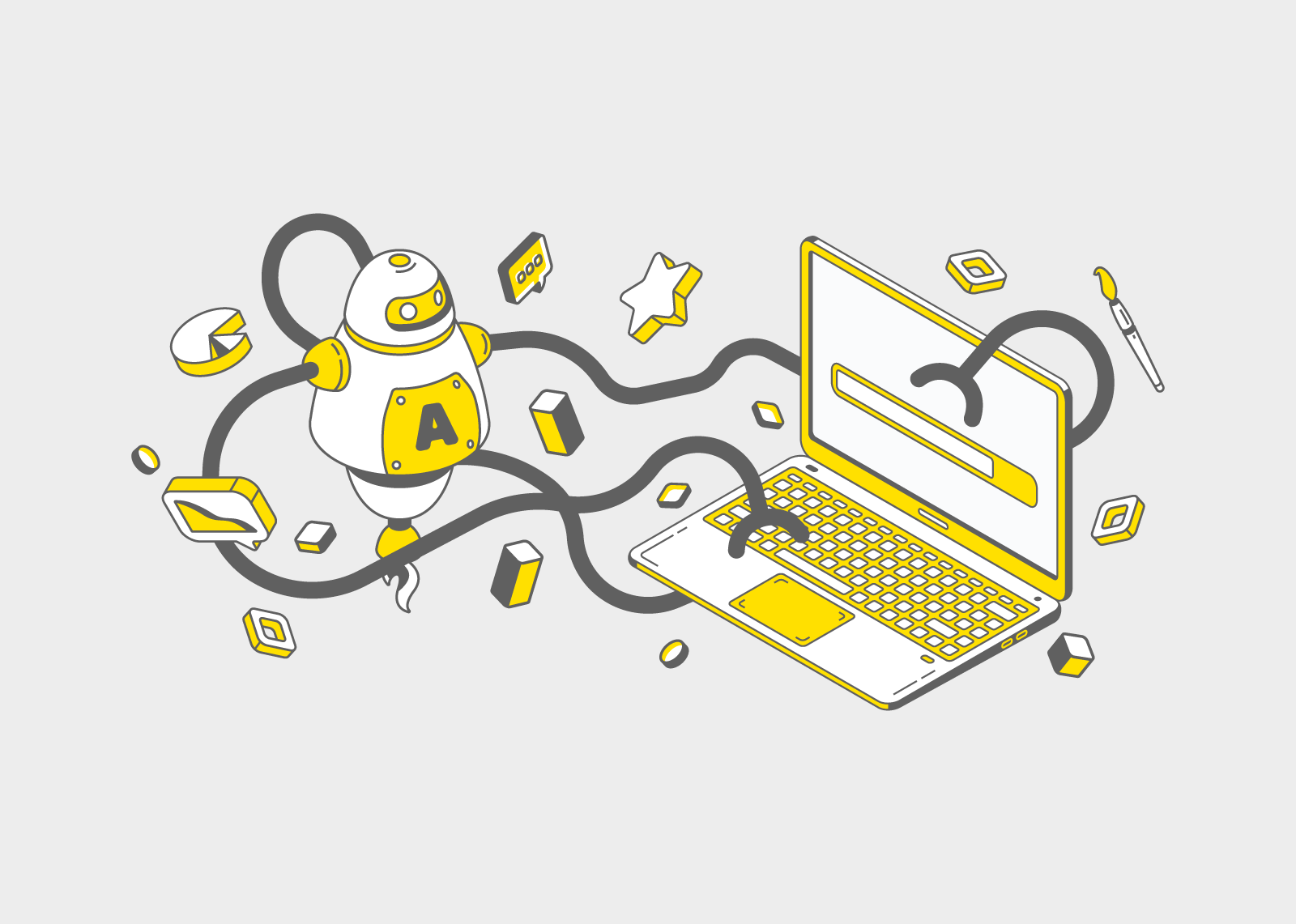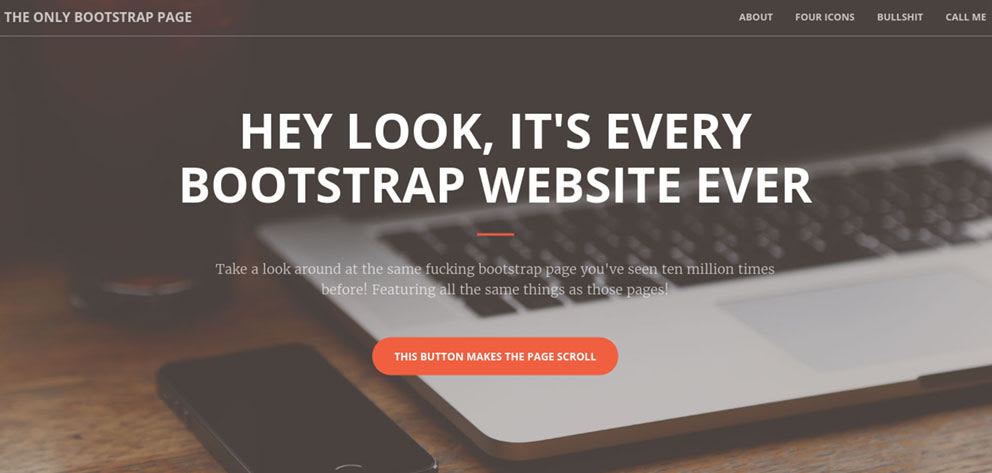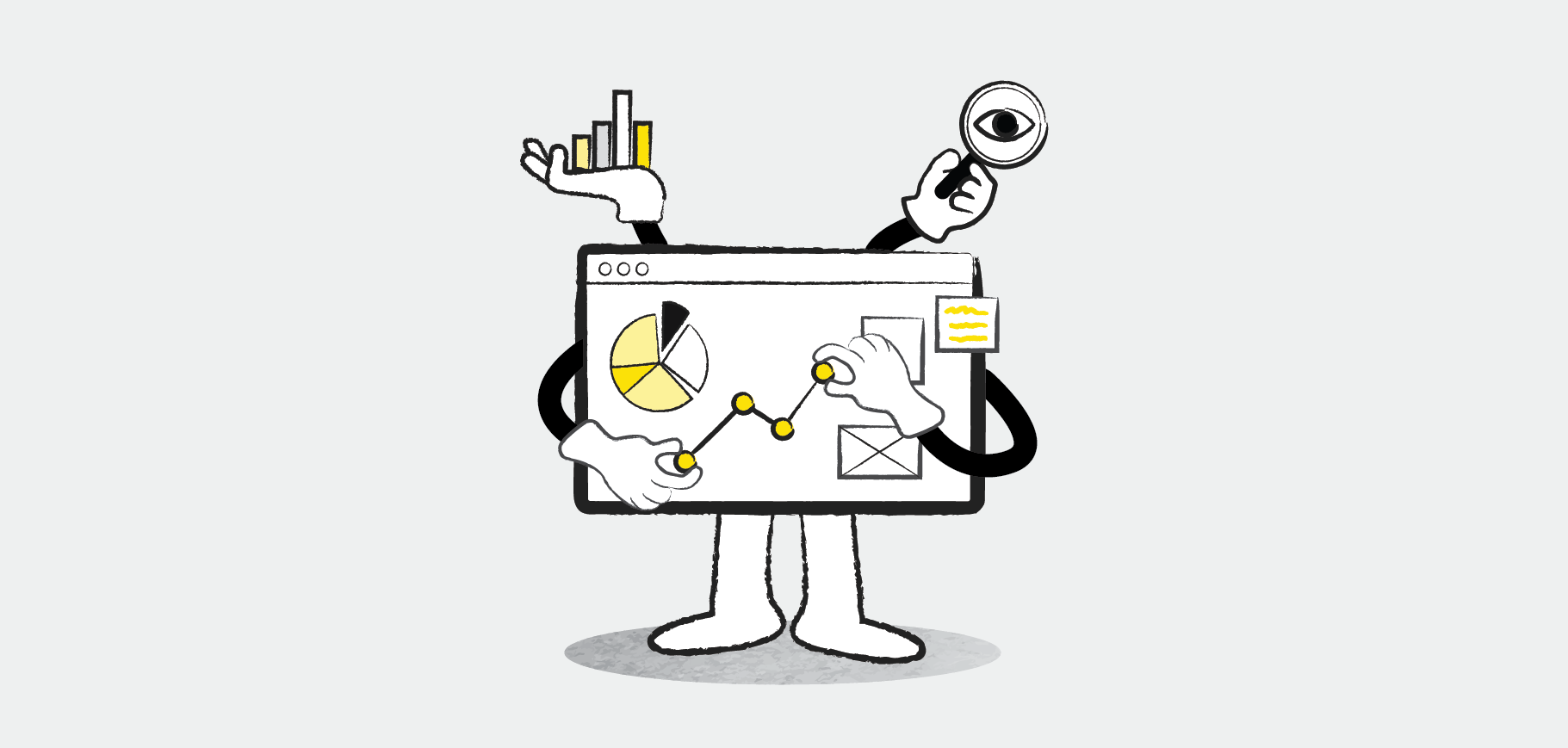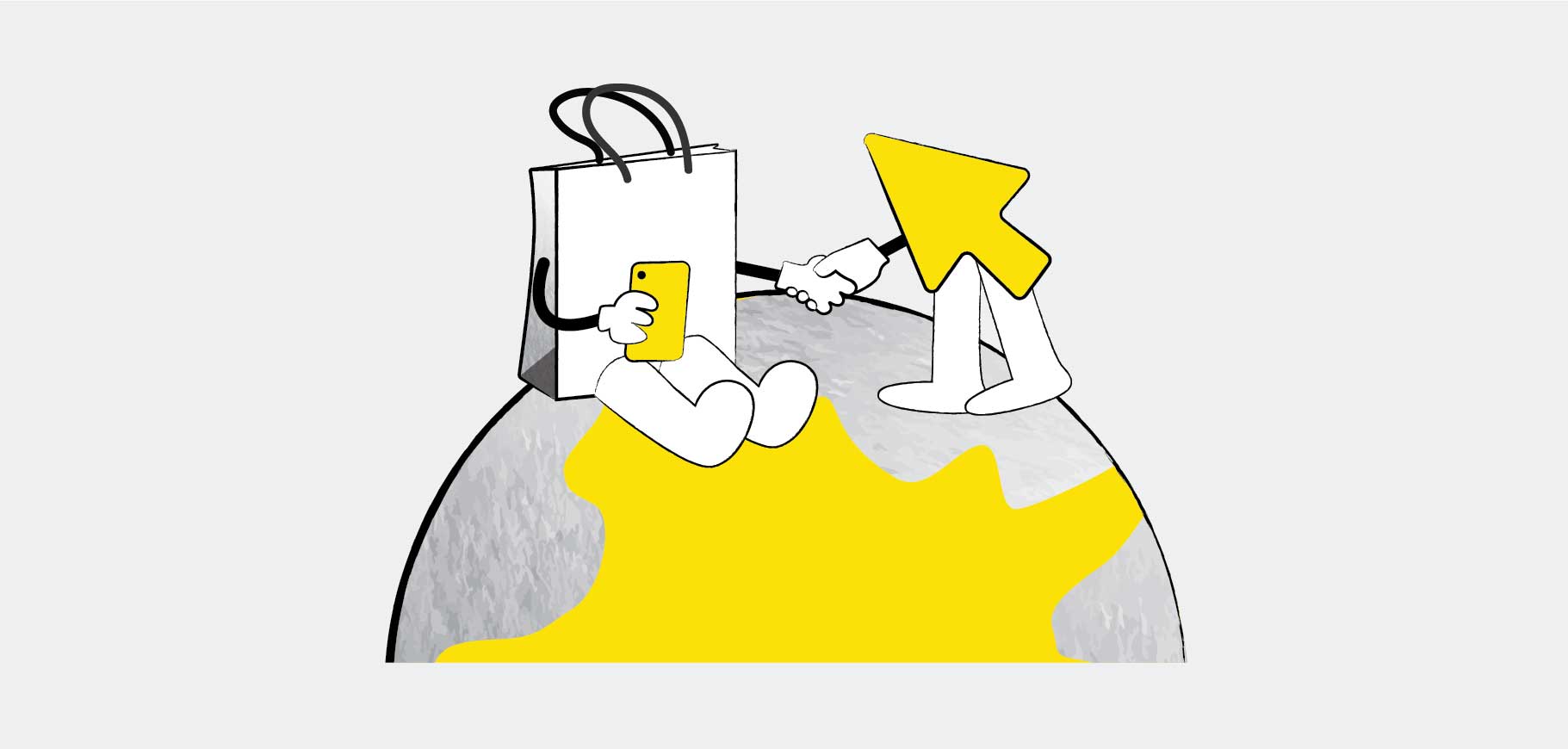How AI Fills the Web And Eats Its Own Creations
26 Dec 2023
The rapid advancement of the internet, particularly AI, a peculiar phenomenon, has taken center stage over the past year – the amusing yet concerning trend of AI cannibalism. As artificial intelligence (AI) consumes its own creations, we find ourselves in a digital puzzle where algorithms eat up on their own outputs. This quirky concept raises questions about the future of AI-generated content and its implications in the digital world.

The never ending AI Buffet
It’s like a banquet hall, and AI algorithms feast on their own generated content, creating a cyclical loop of information consumption. What started as a promising venture into the capabilities of AI has transformed into a surreal feast, where algorithms play both the audience and performers. The question now arises – is this a harmless cycle, or does it hold unforeseen consequences for the digital landscape?
The Drawbacks of AI Content
As we explore the amusing concept of AI eating its own kind, it's crucial to consider the insights shared by acclaimed science fiction author Ted Chiang. Drawing parallels to the JPEG effect, where he talks about how each new copy is a bit worse than the previous one. So, as AI keeps making things, the quality might not be top-notch. It's like a broken copy machine, making us wonder if what AI creates is really good as it spreads online.
AI in the Tech Sector
It's essential to acknowledge the rapid growth of AI in various sectors, including supply chain, food industry, and content generation. The advent of AI-generated images, such as those created by OpenAI's DALL-E, stirred controversy, with critics expressing concerns about intellectual property theft. The looming question persists – will AI replace human artists and illustrators?
The Role of ChatGPT
COpenAI's ChatGPT, a versatile AI program for content, has emerged as a significant player in the AI content creation landscape. With an open prompt inviting users to ask questions or provide commands, ChatGPT offers a broad spectrum of responses. However, the system's boundless capabilities have sparked debates, with instances of misinformation and controversial queries, raising eyebrows in digital circles.
Implications of Data Cannibalism
As AI models train on their own generated content, a phenomenon known as "model collapse" emerges, leading to a gradual loss of accurate representation. Professor Ross Anderson warns of an internet flooded with insignificant content, by comparing it with the environmental crisis of ocean pollution. This content flood poses challenges for training new AI models, with potential consequences for data-driven industries.
Real World Applications
The practical applications of AI-generated content extend beyond the digital spectacle, with businesses increasingly turning to AI tools for content creation and copywriting. The question is– will AI replace human content writers? While AI-generated content offers efficiency and scalability, concerns about its impact on language models and inclusivity are on the rise.
Pros and Cons
The pros of AI-generated content, including efficiency, scalability, cost-effectiveness, and improved SEO, highlight its potential benefits for businesses. However, the cons, such as quality concerns, plagiarism risks, lack of creativity, and the need for human editing, underscore the challenges that accompany the AI content revolution.
The Lack of Human Touch
Despite the efficiency of AI-generated content, its limitations become apparent in areas requiring creativity, personalization, and nuanced understanding. The lack of emotional intelligence and the potential for algorithms to devalue content pose challenges to the seamless integration of AI in content creation.
In the ever-evolving AI landscape, where algorithms dine on their own creations, we find ourselves at the intersection of progress and peculiarities. While AI-generated content brings efficiency and scalability, it also raises ethical concerns and challenges the role of humans in content creation. As we navigate this strange world of AI cannibalism, the key lies in striking a balance between the benefits of automation and the indispensable human touch in crafting authentic, meaningful content for the digital age.





